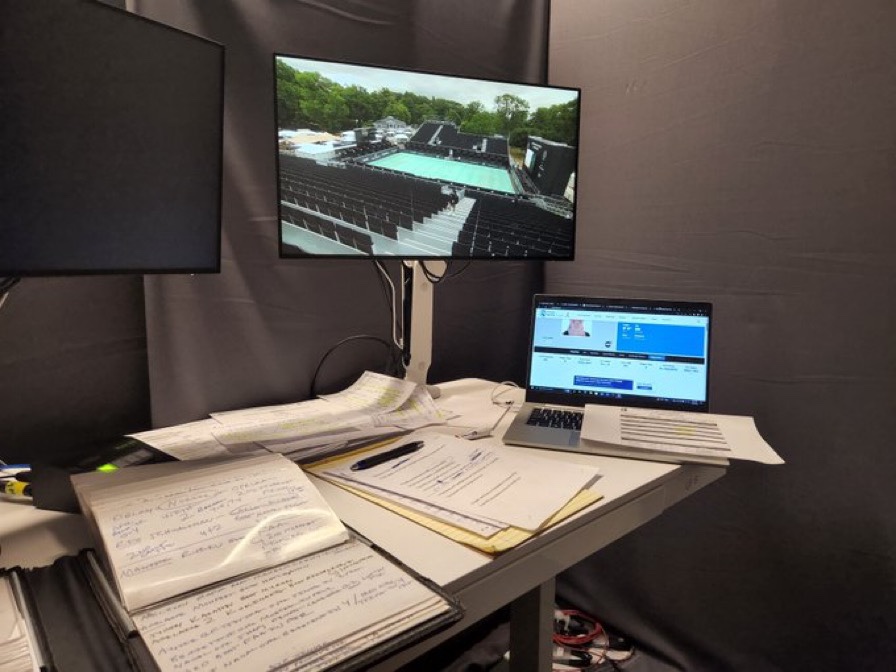Do employers need a sporting event policy for Wimbledon?

Tennis lovers will be rejoicing today as The Championships at Wimbledon begins.
And as with every major sporting event, fans may be keen to watch matches which are televised during working hours.
With this in mind, employers should be taking the necessary precautions to manage their staff and ensure provisions are in place to keep productivity levels high.
Alan Price, CEO of BrightHR, shares his advice for employers wanting to curb productivity loss and unauthorised absences ahead of key matches:
“For many sporting fans, missing out on a live game can seem like a disaster. Fortunately, pre-existing policies on absence reporting, internet usage and workplace conduct should be enough to prevent staff spending all their working day following the tournament during working time.
“However, employers would be wise to re-communicate these policies to staff or to explain any temporary allowances that will be in place to accommodate Wimbledon fans. If possible, consider screening matches in-house during staff breaks so no one feels like they’re missing out.
“Some employers may choose to create a specific sporting events policy to manage staff during the events like Wimbledon. This will clearly outline your organisation’s stance on the matter, and it’ll likely come in handy for this year’s World Cup which will be kicking off in December.
“But having a policy in place is no use unless staff are aware of it and understand it. Communication of the relevant policies, and fair and consistent enforcement, will enable staff to know what is and isn’t acceptable and avoid the risk of falling foul of any workplace rules.
“Flexibility with annual leave can also help as employees may be request last minute holidays or cancel pre-booked leave, depending on how this season’s matches play out.
“Where possible, businesses should try to support more employees being on holiday. This can boost employee satisfaction and keep staff motivated and engaged. However, there may be instances where annual leave must be declined in order to maintain business operations.
“Employers may find that it is common for absences to increase during major sporting events, but it is important to not jump to conclusions. Conducting return-to-work interviews can help you find the reason behind the absence without assuming the worst.
“To reduce absenteeism, you may consider allowing a period of flexible working so employees can start slightly later to watch the match. It is important to allow the same privilege to everyone, even those who are not fans of tennis, to ensure they are not met with any disadvantage.
“While you will naturally want to ensure Wimbledon does not affect workplace productivity, you may choose to incorporate the tournament to promote a positive workplace culture.”




